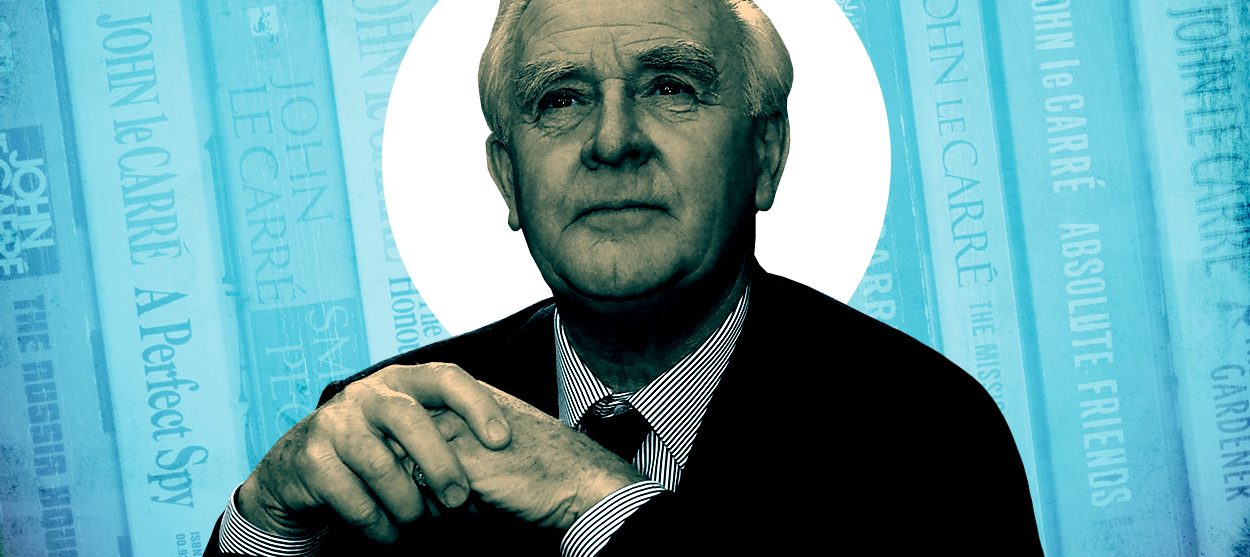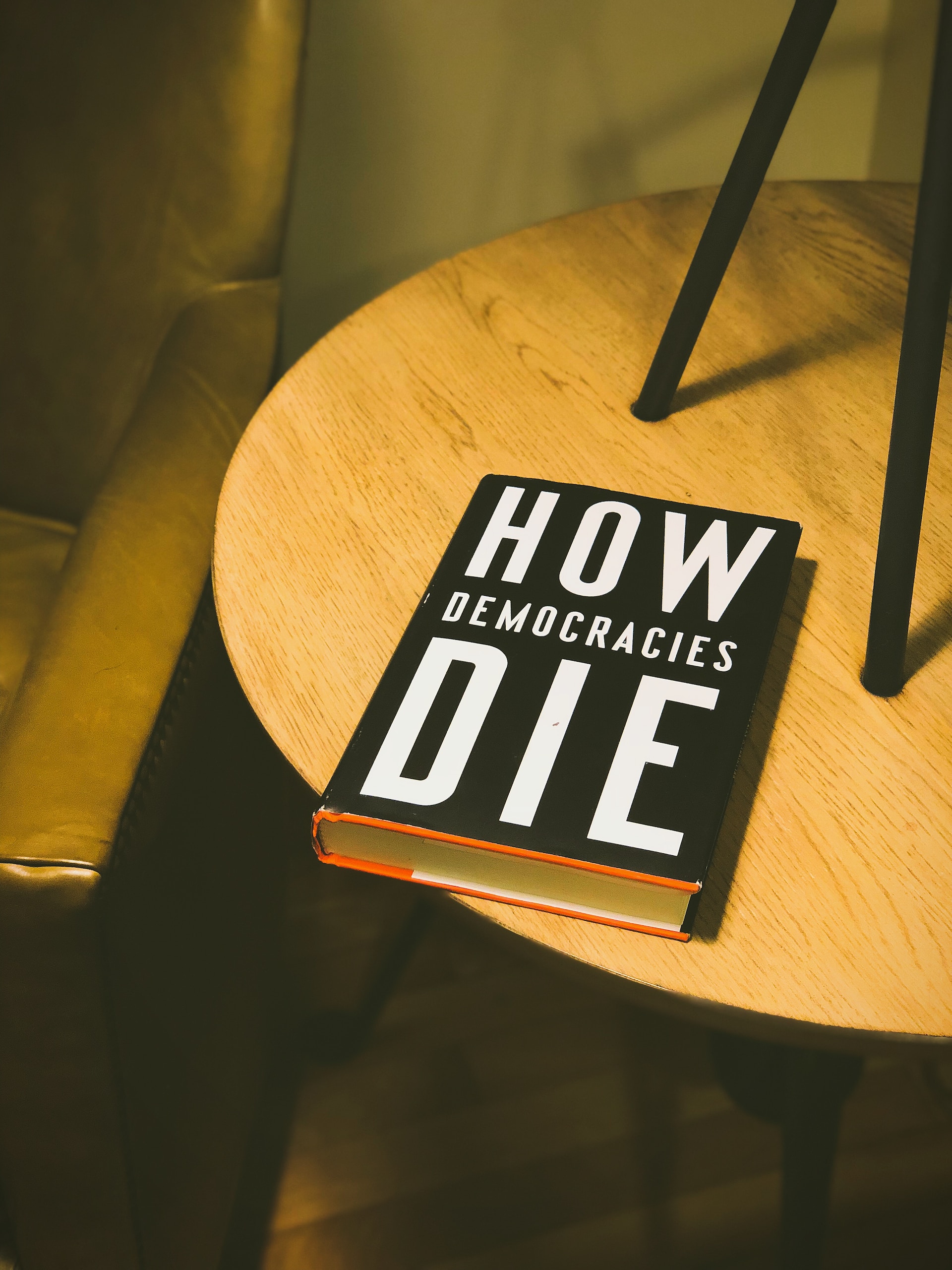In today’s world, words have become powerful weapons that can be used to manipulate, deceive, and even harm others. This is especially true in the realm of politics and media, where rhetoric is often used to sway public opinion and advance personal agendas. In this article, we will explore the dark side of rhetoric in politics and media, and how it can be used to undermine democracy and sow division.
The Power of Rhetoric
Rhetoric is the art of using language to persuade, influence, or manipulate others. It has been used throughout history to great effect, from the speeches of ancient Greek orators to the propaganda of modern-day politicians. Rhetoric can be a powerful tool for good, inspiring people to take action and effect positive change. However, it can also be used for nefarious purposes, such as spreading misinformation, stoking fear and hatred, and dividing communities.
The Weaponization of Words
In politics and media, rhetoric is often used as a weapon to attack opponents and advance personal agendas. Politicians and pundits use loaded language, hyperbole, and other rhetorical devices to appeal to people’s emotions and prejudices, rather than their reason and logic. This can lead to a dangerous polarization of society, where people become entrenched in their beliefs and refuse to listen to opposing viewpoints.
The Role of Media
Media plays a crucial role in shaping public opinion and influencing political discourse. However, the rise of social media and the 24-hour news cycle has led to a proliferation of sensationalist and biased reporting, which can further exacerbate divisions in society. In addition, the echo chamber effect of social media algorithms can create filter bubbles, where people are only exposed to information that confirms their existing beliefs.
The Importance of Critical Thinking
In order to combat the negative effects of rhetoric in politics and media, it is important for individuals to engage in critical thinking and media literacy. This means questioning the sources and validity of information, seeking out diverse viewpoints, and being open to changing one’s beliefs in light of new evidence. It also means being aware of the rhetorical devices used by politicians and media outlets, and being able to recognize when language is being used to manipulate or deceive.
Conclusion
Words can be powerful tools for good or for evil. In politics and media, rhetoric is often used to advance personal agendas and sow division, rather than to inspire positive change. It is up to individuals to engage in critical thinking and media literacy, in order to combat the negative effects of rhetoric and promote a more informed and democratic society.











